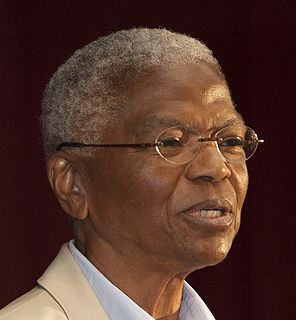A Quote by Suzan DelBene
We have Windows 8 machines for our office. All of our staff have Windows phones. Some have desktops. We have a couple of folks who are using a Surface. I use a Surface.
Related Quotes
Our first-party devices will light up digital work and life. Surface Pro 3 is a great example -- it is the world's best productivity tablet. In addition, we will build first-party hardware to stimulate more demand for the entire Windows ecosystem. That means at times we'll develop new categories like we did with Surface. It also means we will responsibly make the market for Windows Phone, which is our goal with the Nokia devices and services acquisition.
I remember endless Apple v. Windows debates in the early '90s when I was in college. Macs were better machines, everyone said; the whole Office thing was a huge pain. It was difficult to transfer files between operating systems, and generally speaking, if you wanted to do Office stuff, you needed a Windows machine.
I use Mac. Not because it's more secure than everything else - because it is actually less secure than Windows - but I use it because it is still under the radar. People who write malicious code want the greatest return on their investment, so they target Windows systems. I still work with Windows in virtual machines.
I would like to start by emphasizing the importance of surfaces. It is at a surface where many of our most interesting and useful phenomena occur. We live for example on the surface of a planet. It is at a surface where the catalysis of chemical reactions occur. It is essentially at a surface of a plant that sunlight is converted to a sugar. In electronics, most if not all active circuit elements involve non-equilibrium phenomena occurring at surfaces. Much of biology is concerned with reactions at a surface.































